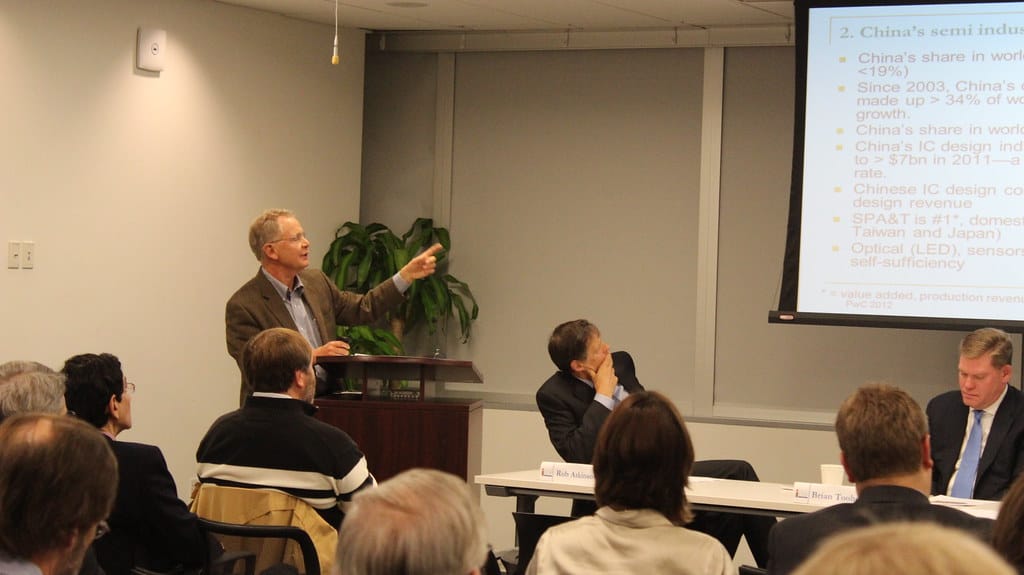China's Strategic Pivot: Why Beijing is Steering Firms Away from Nvidia's H20 Chips
China has reportedly advised domestic companies to avoid purchasing Nvidia's H20 chips, marking a significant escalation in the ongoing semiconductor standoff between the world's two largest economies. This development comes as the artificial intelligence chip war intensifies, with geopolitical tensions reshaping global supply chains and forcing nations to reconsider their technological dependencies.
The H20 Chip Controversy Explained
Nvidia's H20 chips represent a carefully engineered compromise—powerful enough to serve Chinese AI development needs while supposedly compliant with U.S. export restrictions. These chips were specifically designed for the Chinese market after Washington imposed sweeping controls on advanced semiconductor exports in 2022, aimed at limiting China's access to cutting-edge AI technology that could enhance military capabilities.
However, China's latest stance suggests a fundamental shift in strategy. Rather than accepting these "neutered" versions of Nvidia's flagship AI processors, Beijing appears to be pushing for complete technological independence, even if it means short-term setbacks in AI development capabilities.
Geopolitical Chess Moves in Silicon
The timing of China's advisory is particularly telling. It follows renewed tensions under the Trump administration's approach to China-U.S. trade relations and technology transfer policies. While specific details of the advisory remain limited, industry sources indicate that Chinese officials are concerned about continued reliance on American semiconductor technology, viewing it as a strategic vulnerability.
This move mirrors China's broader "dual circulation" economic strategy, which emphasizes domestic consumption and production capabilities while reducing dependence on foreign technology. The semiconductor industry has become ground zero for this philosophy, with Beijing investing hundreds of billions of dollars in domestic chip manufacturing through initiatives like the National IC Industry Investment Fund.
Impact on Global Semiconductor Markets
Nvidia's stock performance and market positioning could face significant headwinds if Chinese demand for H20 chips diminishes substantially. China represents approximately 20% of Nvidia's total revenue, making it a crucial market for the chipmaker's growth trajectory. The company's data center revenue, which reached $30.8 billion in fiscal 2024, could see notable impacts if Chinese customers pivot to alternative suppliers.
The ripple effects extend beyond Nvidia. Other American semiconductor companies, including AMD and Intel, may face similar pressures as China seeks to diversify its technology supply chains. This shift could accelerate the bifurcation of global technology markets, creating parallel ecosystems that operate with limited cross-pollination.
China's Domestic Alternatives Gain Momentum
Chinese semiconductor companies like Cambricon, Horizon Robotics, and Biren Technology have been working aggressively to develop competitive AI chips. While these domestic alternatives currently lag behind Nvidia's offerings in raw computational power and software ecosystem maturity, China's advisory could provide the market protection these companies need to scale and improve their technologies.
The Chinese government's support extends beyond market guidance. State-backed funding, preferential procurement policies, and regulatory advantages are creating a more favorable environment for domestic chip developers. This comprehensive approach mirrors strategies used in other industries where China successfully reduced foreign dependence, such as telecommunications equipment and renewable energy.
Industry Response and Adaptation
Multinational corporations operating in China face increasingly complex decisions about technology procurement and supply chain management. Companies must balance compliance with various national regulations, cost considerations, and technological capabilities while navigating an increasingly fragmented global market.
Some firms are already preparing contingency plans, diversifying their supplier base to include both Western and Chinese semiconductor providers. This hedging strategy aims to maintain operational flexibility regardless of how geopolitical tensions evolve.
Looking Forward: A Divided Digital World
China's advisory regarding Nvidia's H20 chips represents more than a single policy decision—it signals the acceleration of technological decoupling between major economic blocs. As both nations prioritize national security considerations over pure economic efficiency, the global technology landscape is fundamentally reshaping.
The semiconductor industry, once characterized by deep international integration and specialization, is becoming increasingly regionalized. This transformation will likely drive innovation in some areas while potentially slowing overall technological progress due to reduced collaboration and increased development costs.
For businesses and investors, this evolving landscape demands careful attention to geopolitical trends and their implications for technology supply chains. The era of seamless global semiconductor markets may be drawing to a close, replaced by a more complex, politically influenced ecosystem that prioritizes strategic autonomy over pure market dynamics.
